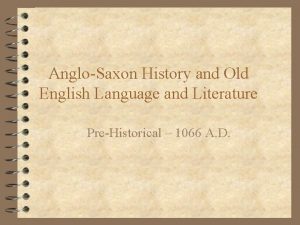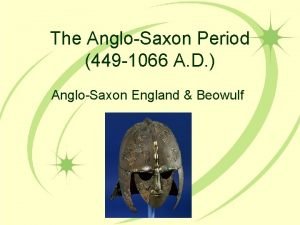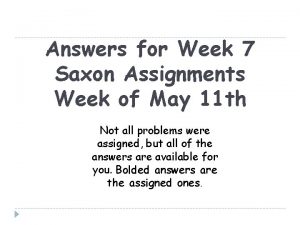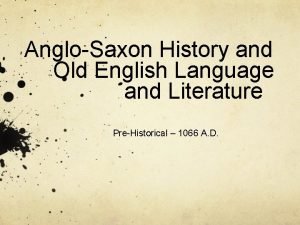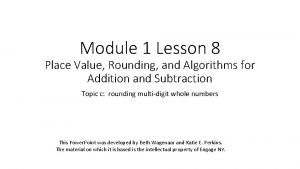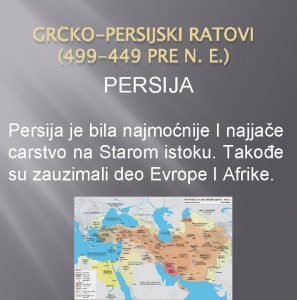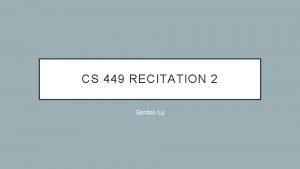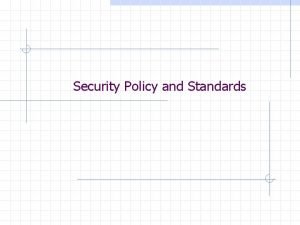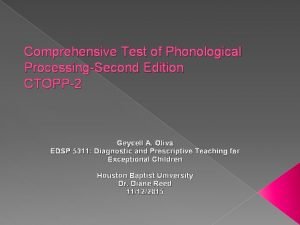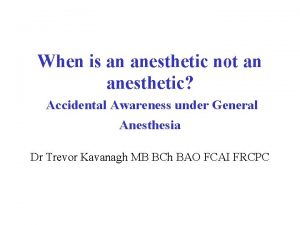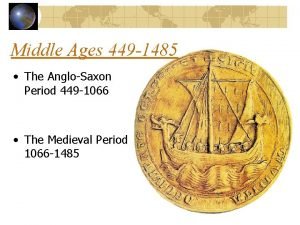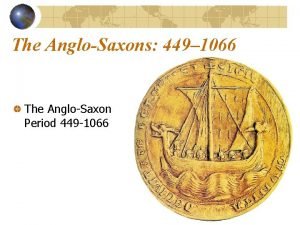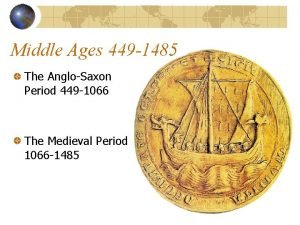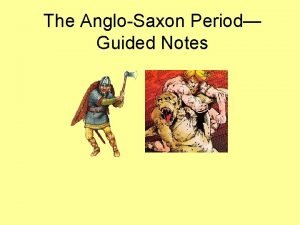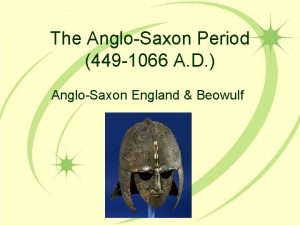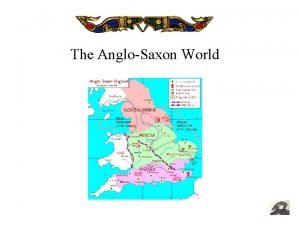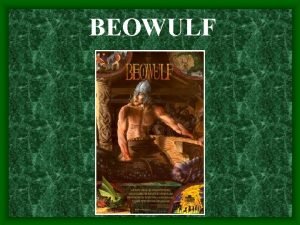ANGLOSAXON PERIOD The AngloSaxon period ranges from 449















- Slides: 15


ANGLO-SAXON PERIOD The Anglo-Saxon period ranges from 449 -1066.

ANGLO-SAXON LITERATURE § Few people read in this period § Oral tradition – was performed and/or sung by a Bard (Scop) from memory in Old English § This is why there are often several versions of the same story. § Scops – poet/minstrels § Authors were unknown

THE STORY OF BEOWULF § Beowulf marks the beginning of English literature § Beowulf is one of the earliest known pieces of literature known in the English language; written in Old English § The story of Beowulf wasn’t written down until about 700 AD by “The Beowulf Poet” who is unknown. § Scholars believe “The Beowulf Poet” was most likely a Christian

BEOWULF: WHERE DOES IT TAKE PLACE? Geatland Denmark (Modern Denmark and Sweden)

BEOWULF IS AN EPIC POEM. EPIC: a long, narrative (usually a poem) that relates the great deeds of a larger-than-life hero who embodies the values of a particular society.

EPIC STORIES Lord of the Rings by J. R. R. Tolkien Star Wars by George Lucas

EPIC FEATURES Has an EPIC HERO, often with superhuman characteristics, who represents widespread national, cultural, or religious values Written as a long NARRATIVE poem Concerns eternal human problems like the struggle between GOOD and EVIL Presented in a serious manner using ELEVATED (POETIC) LANGUAGE

THE EPIC HERO – must undertake a quest to achieve something of tremendous value to him/herself and his society

IMPORTANT CHARACTERS Beowulf: Best warrior of Geatland The Geats: Beowulf’s people (and his warriors) Hrothgar: King of Denmark; owns Herot (the mead-hall) The Danes: Hrothgar’s people Grendel: the monster (lives in Denmark) Ecgtheow: Beowulf’s father Higlac: Beowulf’s king

SUMMARY OF THE STORY SO FAR… (FROM SPARKNOTES. COM) “King Hrothgar of Denmark enjoys a prosperous and successful reign. He builds a great mead-hall, called Heorot, where his warriors can gather to drink, receive gifts from their lord, and listen to stories sung by the scops, or bards. But the jubilant noise from Heorot angers Grendel, a horrible demon who lives in the swamplands of Hrothgar’s kingdom. Grendel terrorizes the Danes every night, killing them and defeating their efforts to fight back. The Danes suffer many years of fear, danger, and death at the hands of Grendel. Eventually, however, a young Geatish warrior named Beowulf hears of Hrothgar’s plight. Inspired by the challenge, Beowulf sails to Denmark with a small company of men, determined to defeat Grendel. Hrothgar, who had once done a great favor for Beowulf’s father Ecgtheow, accepts Beowulf’s offer to fight Grendel and holds a feast in the hero’s honor. During the feast, an envious Dane named Unferth taunts Beowulf and accuses him of being unworthy of his reputation. Beowulf responds with a boastful description of some of

“THE BATTLE WITH GRENDEL” 1. Where does Grendel live, and how is he characterized? 2. How is this particular attack on Herot different from Grendel’s previous attacks? 3. What foreshadowing is provided to let us know that the battle will not end well for Grendel? 4. Note the use of contrast in the poem. What is contrasted, and to what effect?

“THE BATTLE WITH GRENDEL” 5. What sound device is used plentifully throughout the poem, and what effect does it have on the reading of the poem? 6. Why are the Geats’ swords useless against Grendel? 7. How did Beowulf defeat Grendel? 8. How do the people celebrate Grendel’s death? 9. Note the poem’s use of enjambment. Does the enjambment slow down or quicken the pace of the poem?

MOTIFS IN BEOWULF Motifs – a motif is a recurring theme or image in a work of literature Try to find the following in “The Battle with Grendel”: Biblical and Christian Allusions Good vs. evil Traits of the Warrior

COMPARING BEOWULF TO “ESSENTIAL” AND “O CAPTAIN! MY CAPTAIN!” Question for discussion: How do the three poems envision heroism? Discuss the similarities and differences in these poems regarding heroic deeds, characteristics of a hero, and speakers’ attitudes towards the hero(es) in the poem.
 How old is english language
How old is english language Anglo saxon runes alphabet
Anglo saxon runes alphabet The anglo-saxon period 449 to 1066 answers
The anglo-saxon period 449 to 1066 answers Anglosaxon history
Anglosaxon history Lesson 8 use place value to round numbers answer key
Lesson 8 use place value to round numbers answer key Davies v waldron
Davies v waldron Povod grcko persijskih ratova
Povod grcko persijskih ratova Cs 449
Cs 449 Cs 449
Cs 449 Cpsc 449
Cpsc 449 Three ranges of as curve
Three ranges of as curve Ctopp-2 interpretation scores
Ctopp-2 interpretation scores Indiana major mountain ranges
Indiana major mountain ranges Coast ranges map
Coast ranges map Classroom diagnostic tools
Classroom diagnostic tools Bis monitor ranges
Bis monitor ranges
